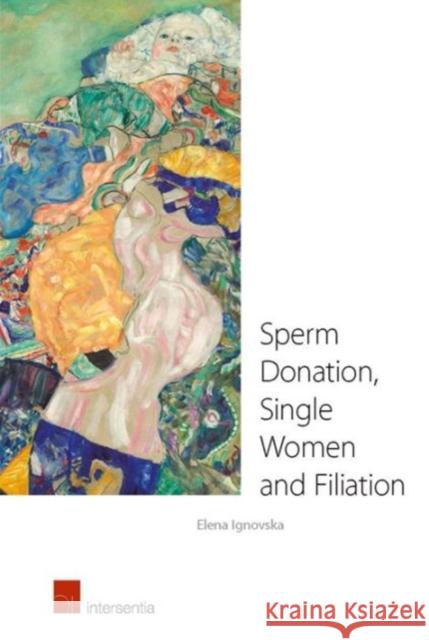Sperm Donation, Single Women and Filiation » książka
Sperm Donation, Single Women and Filiation
ISBN-13: 9781780683362 / Angielski / Miękka / 2015 / 384 str.
Although recent family law debates have been predominantly paedo-centric, the founding of "bio-medically assisted families" still focuses on the individual parents' rights to reproduce. By introducing donations, the donor's genetic contribution becomes instrumental, and the legal attribution of parenthood is negotiated through expressed intentions. The absence of a genetic, social, and/or legal father can only occur in single women's conceptions by choice, hence calling into question the role of the societal father. This neglects the future child's voice in private and family life issues on at least two levels: the informational level (lacking information about origins, often related to personal identity) and the legal/functional level (care provided by both parents). Furthermore, it emphasizes the inconsistency in the treatment of "naturally" and "artificially" conceived children, since the latter have restricted access to parental judicial proceedings. The conflicts between individuals in the family go beyond national family laws and become a matter of reconciling progenitors' and children's human rights. Yet, the discrepancies between different civil law jurisdictions are remarkable. In addition, the sensitivity of the filiation of children conceived by sperm donation to single women requires more than legal solutions - it requires an interdisciplinary approach encompassing ethics, psychology, anthropology, and sociology. Moreover, in debating the situation and suggesting solutions, the issue also becomes political. This book clarifies many concepts and examines the rationale behind this legal complexity in ten national European jurisdictions. It also confronts the rights and responsibilities of the stakeholders, providing a balanced independent conclusion and suggestions towards international harmonization. Subject: Family Law, Human Rights Law, European Law, Comparative Law]











